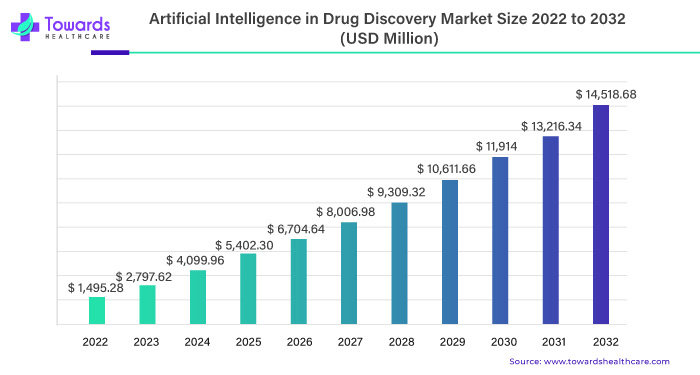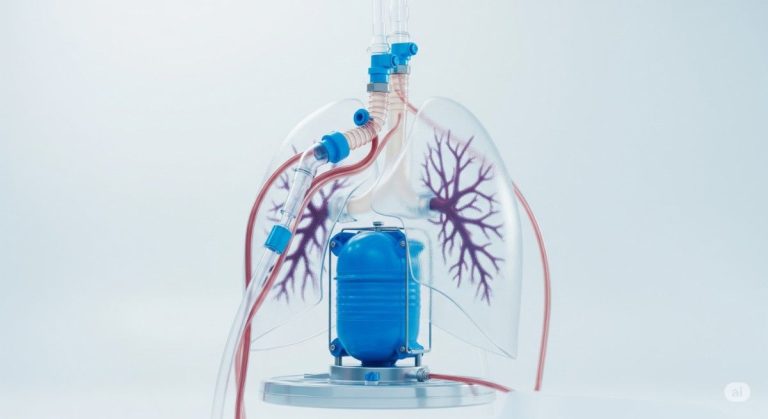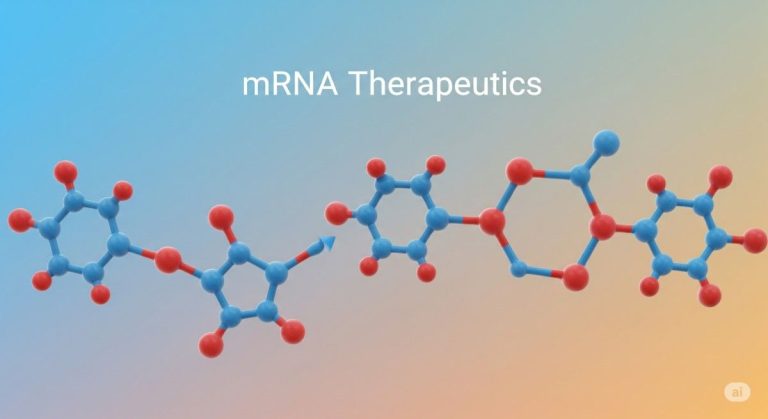1. Market Overview: Growth and Size of AI in Drug Discovery
The AI in drug discovery market was valued at approximately USD 1,495.28 million in 2022 and is projected to reach USD 14,518.68 million by 2032, with a compound annual growth rate (CAGR) of 20.08% from 2022 to 2032. The integration of AI solutions in drug discovery is expected to significantly enhance the process by reducing clinical trial time, increasing productivity, and improving accuracy.

Download a sample of this report @ https://www.towardshealthcare.com/personalized-scope/5010
2. Key Benefits of AI in Drug Discovery
AI technology in drug discovery enables:
- The discovery of new compounds.
- Identification of therapeutic targets.
- Development of personalized medications.
- Improved efficiency in finding treatments for chronic diseases.
3. Key Players and Market Ecosystem
The AI in drug discovery market consists of several key players:
- AI Technology Providers: Companies like IBM Watson Health and Google DeepMind develop advanced algorithms and machine learning models to analyze vast datasets for drug discovery.
- Pharmaceutical Companies: Companies such as Pfizer and Merck use AI to streamline drug development workflows, accelerate drug discovery, and optimize clinical trial designs.
- Research Institutions: Academic labs and biotechnology firms collaborate with AI companies to refine methodologies, validate AI predictions, and provide data to improve AI models.
4. Factors Driving the Market Growth
- Rising Prevalence of Chronic Diseases: With chronic diseases on the rise globally, AI in drug discovery is becoming a vital tool to discover effective medications.
- Efficiency and Cost Reduction: AI significantly reduces R&D costs and timeframes, enhancing drug discovery efficiency.
Cross-Industry Collaborations: Increased partnerships between AI companies and pharmaceutical firms are boosting market growth. - AI in Polypharmacology: AI enables understanding of the effects of drugs on multiple diseases, allowing for better prediction of drug interactions and side effects.
5. Challenges Restricting Market Growth
- High Costs and Data Requirements: High costs associated with access to large datasets, technology implementation, and clinical trials are barriers to AI adoption.
- Skill Shortage: There is a lack of skilled professionals to operate AI-based platforms, which restricts growth.
Technological and Regulatory Barriers: Technological challenges and regulatory constraints also limit the full adoption of AI in drug discovery.
6. Opportunities for Growth in AI Drug Discovery
- Increasing R&D Investments: Growing investments in AI and drug discovery are creating opportunities for market expansion.
Emergence of Cloud-Based Services: The adoption of cloud-based platforms is expected to provide new growth avenues. - Post-Pandemic Opportunities: The COVID-19 pandemic accelerated the use of AI in drug discovery, which has created a lasting impact on the market.
7. Impact of COVID-19 on AI in Drug Discovery
The COVID-19 pandemic significantly boosted the adoption of AI in the drug discovery industry. AI was extensively used to identify and screen drugs for treating COVID-19, showcasing its potential to speed up the discovery process compared to traditional methods.



